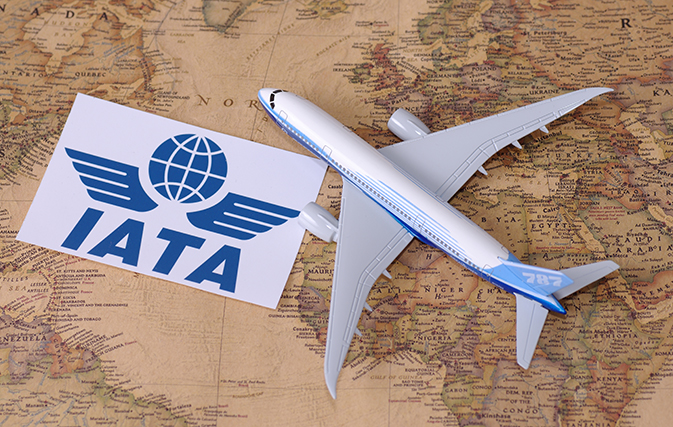GENEVA — Despite a slight uptick in global passenger traffic in September, IATA is warning of continued challenges in the global air transport industry.
Measured in revenue passenger kilometres, or RPKs, demand climbed 3.8% compared to the same month last year, broadly unchanged from August’s performance. Capacity (available seat kilometres, or ASKs) increased by 3.3%, while load factor climbed 0.4 percentage point to 81.9%, which was a record for any September.
“September marked the eighth consecutive month of below average demand growth. Given the environment of declining world trade activity and tariff wars, rising political and geopolitical tensions and a slowing global economy, it is difficult to see the trend reversing in the near term,” said Alexandre de Juniac, IATA’s Director General and CEO.
September international passenger demand rose 3.0%, compared to September 2018, which was a decline from 3.6% year-over-year growth achieved in August. All regions recorded traffic increases, led by airlines in North America. Capacity climbed 2.6%, and load factor edged up 0.3 percentage point to 81.6%.
North American carriers’ international demand climbed 4.3% compared to September 2018, well up from the 2.9% growth recorded in August and the strongest performance among the regions. Capacity rose 1.6%, and load factor accelerated 2.2 percentage points to 83.0%. Demand is being supported by solid consumer spending and continued job creation.
Despite the growth, IATA maintains that these are still “challenging days” for the global air transport industry. In a matter of weeks, four airlines in Europe went bust, trade tensions are high and world trade is on the decline.
“At times like these, governments should recognize the power of aviation connectivity to ignite the economy and drive job creation,” said de Juniac. “Instead, too many governments –in Europe in particular – are fixated on aviation as the goose that lays the golden eggs of taxes and fees. It’s the wrong approach. Aviation is the business of freedom. Governments should harness its power to drive GDP growth, not tie it down through heavy and punitive tax and regulatory regimes.”

